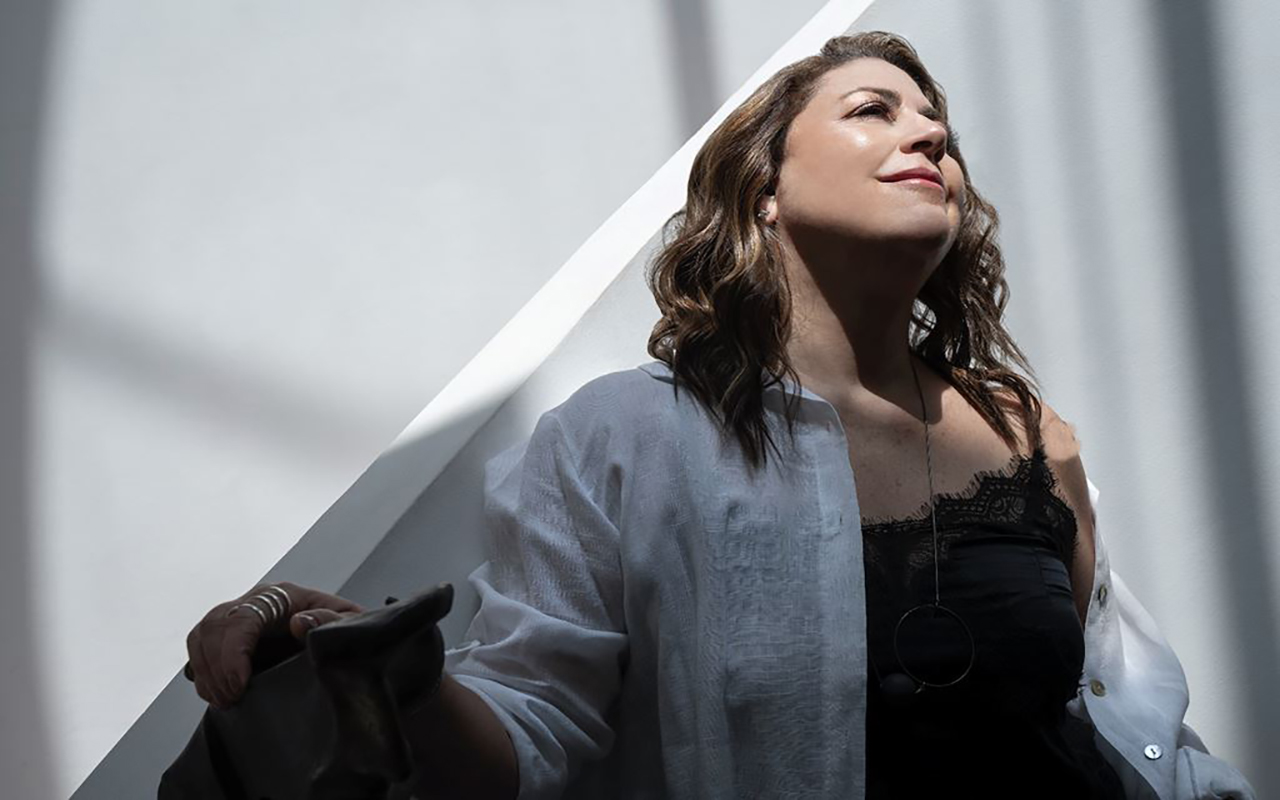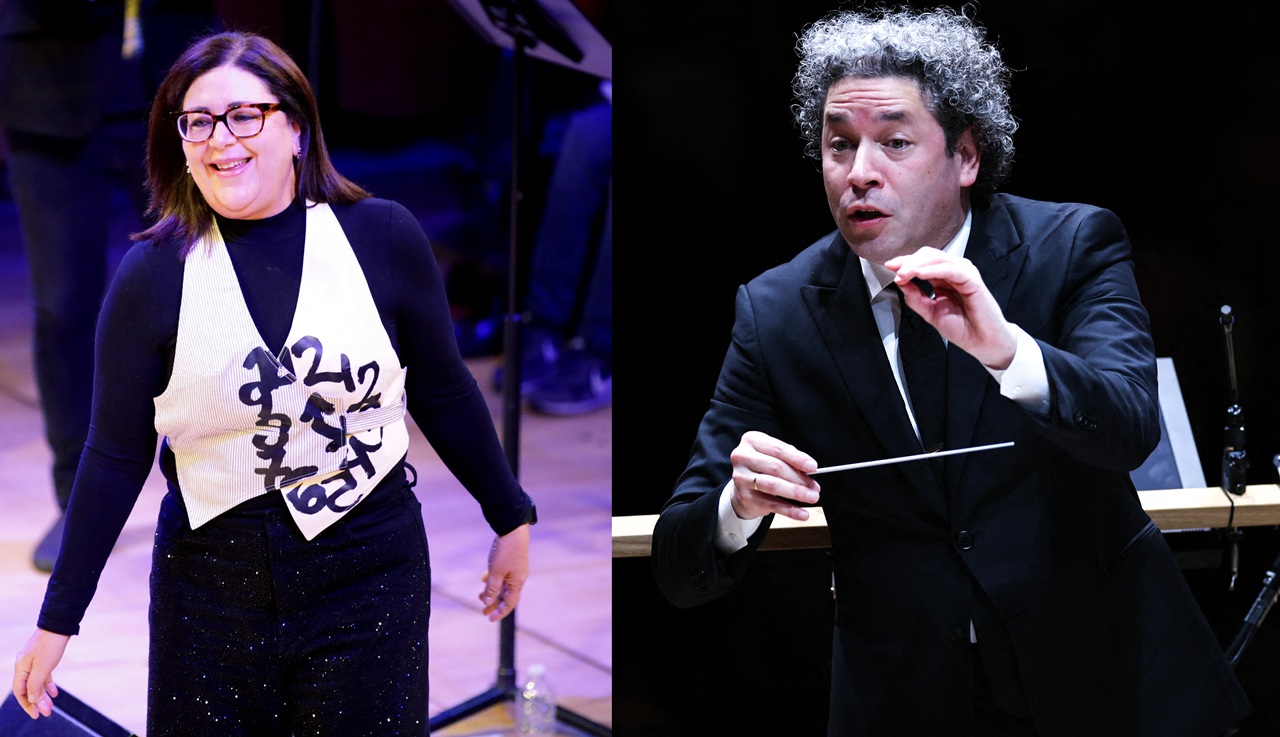
Gabriela Ortiz: Transforming Classical Music With a Latin American Voice
Gabriela Ortiz, Carnegie Hall's composer in residence, brings Latin American vibrancy to classical music.
In the bustling heart of Plaza Hidalgo, surrounded by a chorus of barrel organs, falsetto singers, and the hum of everyday life, composer Gabriela Ortiz closes her eyes and listens. For Ortiz, 59, music has always been a way to distill the clamor of life into art. “There is no quiet place in Mexico City,” she says. “Everyone has something to say. And music is how we say it.”
Ortiz has spent her career weaving the sounds of her Latin American heritage into classical music—a field long dominated by European traditions. As Carnegie Hall’s composer in residence this season, her work takes center stage. It is a remarkable milestone for a composer whose vibrant, unconventional style was once dismissed as “too exotic.”
Rising Above Challenges
For decades, Ortiz faced resistance. Teachers and critics balked at her lush, rhythmic compositions, and top orchestras overlooked her. But persistence paid off. Today, her works are performed globally by renowned ensembles in Berlin, London, and New York. She has won prestigious awards, produced groundbreaking compositions, and earned a reputation as a champion for diversity in classical music.
“Why is it always that Europe is the one dictating the future of music?” Ortiz asks. “We have amazing composers in Brazil, Argentina, Peru, Colombia, and Mexico. But nobody knows about it.”
Ortiz’s breakthrough came in 2017, when superstar conductor Gustavo Dudamel premiered her orchestral piece “Téenek—Invenciones de Territorio” with the Los Angeles Philharmonic. Dudamel, who has since championed her work worldwide, calls Ortiz a “natural genius.”
Her recent milestones include the Berlin Philharmonic’s 2022 performance of “Téenek,” marking the first time in its 141-year history that the ensemble played a piece by a Latin American woman. “People were screaming,” recalls Dudamel. “Gabriela has the power to create these colors, these worlds, these emotions.”
From Mexico to the World
Ortiz’s journey began in a middle-class, musically rich family in Mexico City. Her parents, members of the celebrated folk group Los Folkloristas, exposed her to a mix of Beethoven and mariachi. From an early age, Ortiz was captivated by music’s ability to tell stories. By 17, she was composing and dreaming of an international career.
Her ambitions led her to Paris and London for studies, but her music often puzzled her European peers. Professors discouraged her from using rhythm—an integral part of her identity. “Asking me not to use rhythm,” she retorted, “is like asking me to cut off one of my arms.”
Back in Mexico, she persisted, balancing motherhood and creative pursuits. A breakthrough came in 2003 with the Los Angeles Philharmonic’s premiere of her percussion concerto “Altar de Piedra.” Though the reception was mixed, it marked her first collaboration with a major U.S. orchestra.
RELATED CONTENT
The Role of Resilience
Ortiz’s career has been punctuated by personal and professional challenges. During a turbulent divorce, she received a second commission from the Los Angeles Philharmonic. Despite her struggles, the resulting piece, “Téenek,” was a triumph that reinvigorated her career.
Her resilience extends beyond music. Diagnosed with colon cancer in 2019, Ortiz approached her treatment with the same determination she applies to her compositions. Now in remission, she reflects on time and mortality with urgency. “There is so much more I want to say; so many more stories I want to tell.”
Championing Change
As her profile has risen, Ortiz has become a vocal advocate for greater diversity in classical music. She argues that the genre should embrace voices from Latin America and beyond. Her works are unapologetically rooted in her heritage, from a ballet inspired by Mexican protest movements to an opera addressing drug trafficking.
Her upcoming projects at Carnegie Hall reflect her versatility: a cello concerto for Alisa Weilerstein, a choral piece for Roomful of Teeth, and a chamber work for the Attacca Quartet. Ortiz continues to innovate, combining traditional Latin American sounds with classical forms.
A Legacy in the Making
Ortiz’s music, brimming with vibrant rhythms and profound emotions, has not only enriched classical music but also brought attention to underrepresented composers. Her journey from being dismissed as “too exotic” to becoming a global icon is a testament to her talent and tenacity.
In her Mexico City studio, surrounded by sketches of new works and memories of her mentors, Ortiz reflects on her purpose. “Music is part of me, and it’s bigger than me,” she says. “It’s what keeps me alive.”
With each new composition, Gabriela Ortiz continues to prove that classical music is not just a European tradition—it is a global language.











LEAVE A COMMENT: